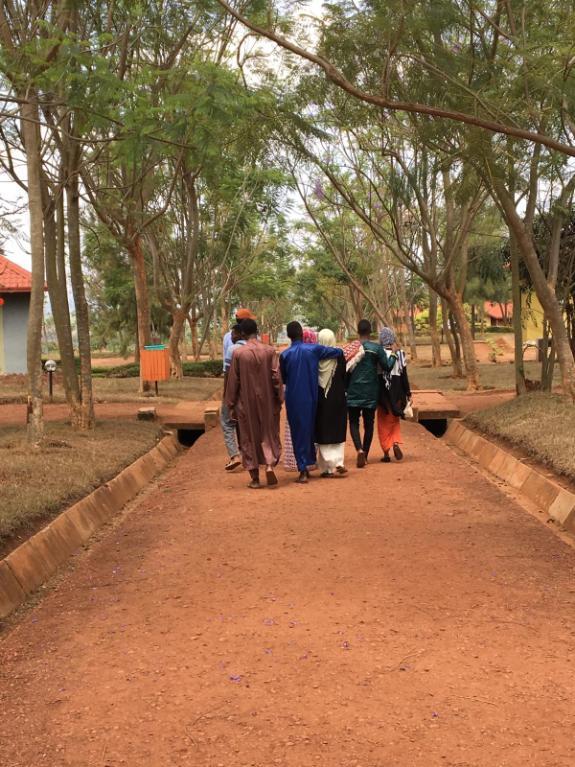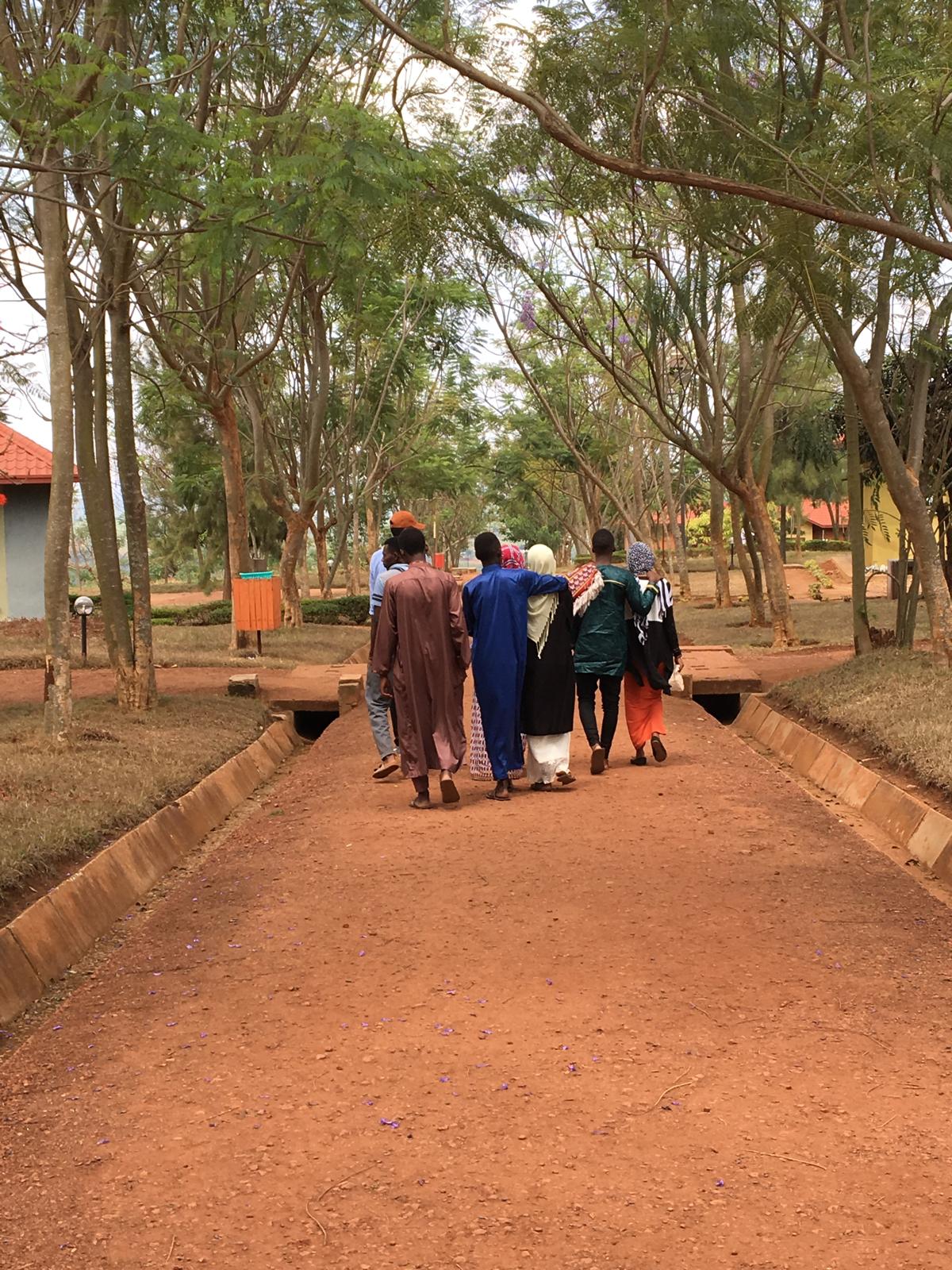Darren Rabinowitz, a PhD candidate in ICEd, recently published his first article in COMPARE. His article, “Peacebuilding Inc.: neoliberal influences on Rwanda’s vulnerable youth”, derives from research and work spanning Rabinowitz’s masters and doctoral studies at Teachers College.

When asked about the stages of writing this article, Rabinowitz replied, “The research process began at the start of my Master's degree in the fall of 2018. I entered the International Education Development M.A. program after I worked in Rwanda at a secondary boarding school for orphaned and vulnerable youth. I knew I wanted to support the school as well as dig a bit deeper into the societal expectations placed on Rwandan youth. During my time in the country, I was struck by the social positioning of youth. They are both reminded of their role in the Rwandan Genocide and, at the same time, the lynchpin to Rwanda's future success. This research agenda spurred me to take classes which looked at Human Rights in Africa and how belonging is constructed in countries contending with conflict during my master's studies.”
In writing this article, Rabinowitz’s work and experience in Rwanda was supported by his studies at Teachers College. Specifically, he mentioned that, “methodologically, this research was inspired by Professor Garnett Russel's mixed methods course, which I took in the summer of 2019, as I knew I wanted to incorporate both quantitative and qualitative methods for this research.” Additionally, an academic publishing course with Rabinowitz’s advisor, Professor Oren Pizmony-Levy gave him “the tools to turn the research into a well crafted article.”
The different funding streams at Teachers College were crucial to realizing this research: “Through the generous support of the Earth Institute's AC4 grant and the George Clemente Bond Center for African Education, I was able to travel to Rwanda and conduct the research in person in 2019.”
For many professors and students in the ICEd program who have published, it is well known that research is a long and challenging process with constant questioning and revising. Rabinowitz reflected on his research, saying, “From inception to completion, it took me 6 years to carry out this research. I am incredibly grateful to have had the support of my colleagues and academic advisors throughout this journey of publishing my first article.”
Importantly, Rabinowitz highlighted that in addition to the academic support from his M.A. faculty advisor, Professor Garnett Russell, and PhD advisor, Professor Oren Pizmony-Levy, several other individuals and communities were essential to his research. Rabinowitz commented, “Fundamental to the project were my colleagues and friends who listened to my ideas, gave me feedback and challenged me on my assumptions. Critical to this process were my research partners in Rwanda, and in particular those who supported in translation and transcribing the interviews. This paper would never have happened without my family who listened to my ideas and asked the most difficult question, "why is this research important”.
As a member of the ICEd community and current doctoral candidate, Rabinowitz commented that he hopes to share his knowledge, experience, and skills with other students. He concluded by saying, “I look forward to supporting the very same communities that helped me along my way in their future academic and research endeavors.”
